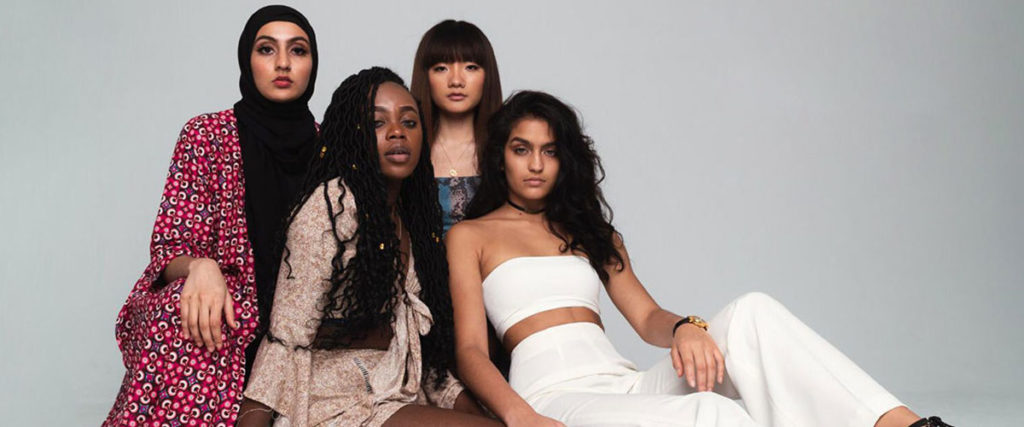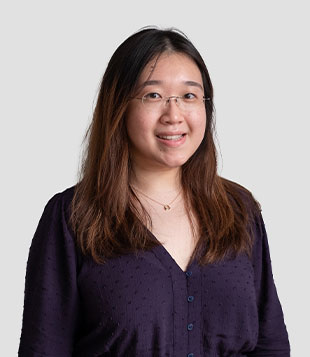Social entrepreneur Harmony Ilunga is fighting to eradicate racism in Hong Kong. As a refugee from Congo, she explains why representation is so important – especially today.
When diversity advocate Harmony Ilunga first moved to Hong Kong from Congo in 2011, she was a refugee – and just 12 years old. Since then, she’s spent a lifetime advocating for diversity and inclusion, not least in the fashion industry. Faced with racism and rejection from all sides as an aspiring model at the age of 18, she’s sought to take matters into her own hands and create opportunities for others like her.
Now the founder of social enterprise Harmony HK, she’s giving ethnic minorities and refugees a chance to showcase their creative talents on the runway. What started out as a fashion show in 2018 has now turned into a fully-fledged modelling agency with 32 models, each with different ethnicities, genders, and sexual orientations.
Here, she talks to Hive Life about racism in Hong Kong – both in the modelling industry and in society – and what needs to be done about it.
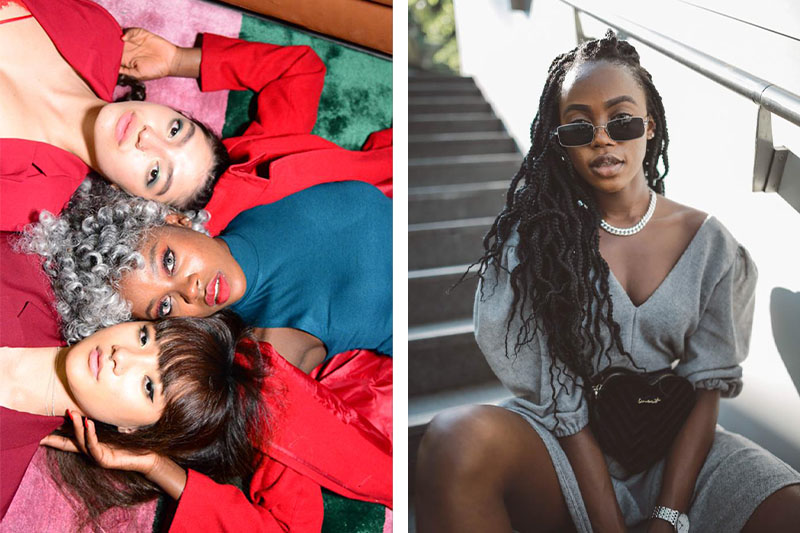
What inspired you to kickstart your company?
It was an idea that I’d had from the day I started experiencing racism in Hong Kong, particularly in the fashion industry. In the first fashion show I did, I remember local people were making fun of the director of the fashion show for having a black model in her line. Some time after that, a model agency I approached told me they preferred white models over black models. As a model, I experience racism a lot – I’ve tried different agencies, and I just don’t get called back. I also have other friends who have experienced the same treatment as I did. So in 2018, I decided I was just going to start my own company.
Do you identify yourself as a Hong Konger?
I guess I am a Hong Konger in some ways – I grew up here, my character was built here, my friends are here. But, it always goes back to the question of what it really means to be a Hong Konger. There is no paper or identification for me to identify myself as a Hong Konger and I don’t think I’ll ever be accepted as a true Hong Konger because of my skin colour. It is a big question I always ask myself – yes, I’m a Hong Konger, but I feel like I’m fighting so much for this name. I say I’m from Congo, but even Congolese people don’t make me feel like one. They always tell me, “Oh, your accent sounds different” or “Your Lingala is not as fluent as it used to be”. So, I like to identify myself as a global citizen.
What is racism and discrimination like in Hong Kong?
It’s strong and it happens every day. When I was walking here, there was a Chinese lady who saw me, immediately called her friends, and shouted, “There’s a black girl walking here”. Then, they all came outside looking at me and talking about me. There was another time when a Chinese lady saw me and pulled her son behind her. Sometimes when I go to the shop, people follow me. It’s these experiences that make you feel like you’re new here, even though you’re not.
It happens a lot at school, too. I remember back in 2016 when Ebola cases were rising in Africa and I got asked by my teacher if I had Ebola, even though I’ve been living in Hong Kong for so many years. I also got asked if we have enough food in Africa, if it was my first time I wore clothes, and why the back of my hand is black while my palm is light. I remember once, I was doing an exam and my teacher called the janitor to check my hair. My experiences show that there is still a sense of ignorance in Hong Kong towards people of colour.
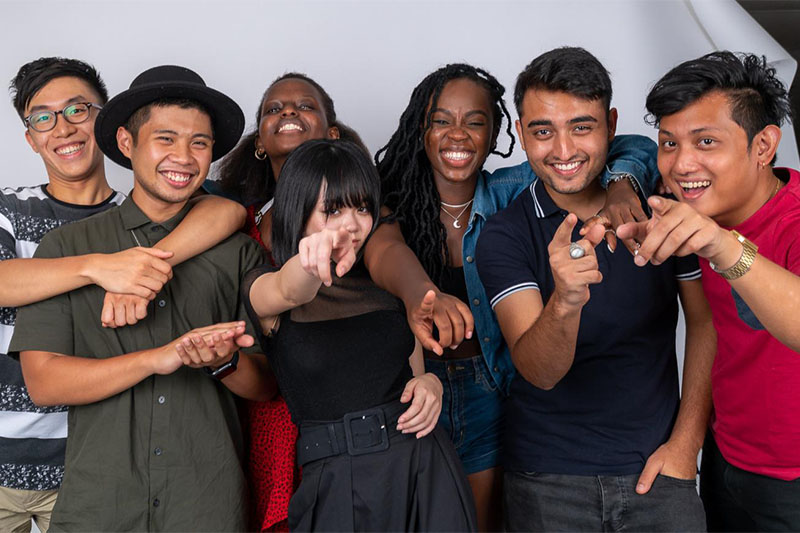
How has representation in Hong Kong changed over the years?
Hong Kong might be an international city, but it is only international when it comes to finance. When it comes to art and culture, representation is still missing. There’s been a bit of improvement – with the Black Lives Matter movement, it has made some people more open-minded and accepting. Some people are starting to have conversations and some fashion agencies have started to get black models. But, there is still a lot of room for improvement. A lot of people are still indifferent to the issue and believe that all lives matter.
What needs to change in Hong Kong?
Three things. The first one is media representation. Not all Africans are poor and hungry; not all Indians or Pakistanis wear turbans. Refugees are not victims that should be pitied. Yes, I am a refugee, but I am also a human being. I just want to contribute to society and I want to be treated just like everyone else.
Second is the education system. The school system is great, but it needs to change when it comes to diversity because there is so much racism in school. I remember my school being very segregated – we were separated into two groups, the Chinese and the others. When the school system is categorising us, it is already failing society.
Third is the fashion industry. There needs to be much more diversity. Beauty standards should not be set by white, tall models because not everyone looks like that and not everyone is going to wear that. Beauty comes in all shapes and colours, and that needs to be celebrated.
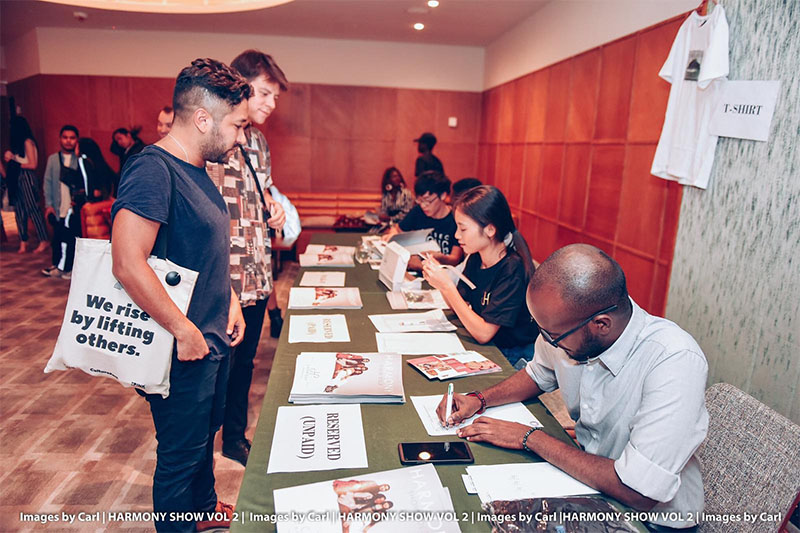
What’s next for Harmony HK?
We are working on our recently-launched model agency. We currently have 32 models who are from different backgrounds, ethnicities, genders, and sexual orientations. When people say they don’t know where to find diverse models, that is what we are putting on the table. We are also hosting our own fashion show at Eaton Hotel on 5 September. Ultimately, I hope that when people think of diversity, the first people they think of is us.
Related Articles
Kayla Alexander: WNBA Player on the Importance of Diversity
7 Powerful Poems About Injustice & Racial Discrimination
Microsoft AI’s Racial Blunder Highlights Systematic Prejudice in Tech
